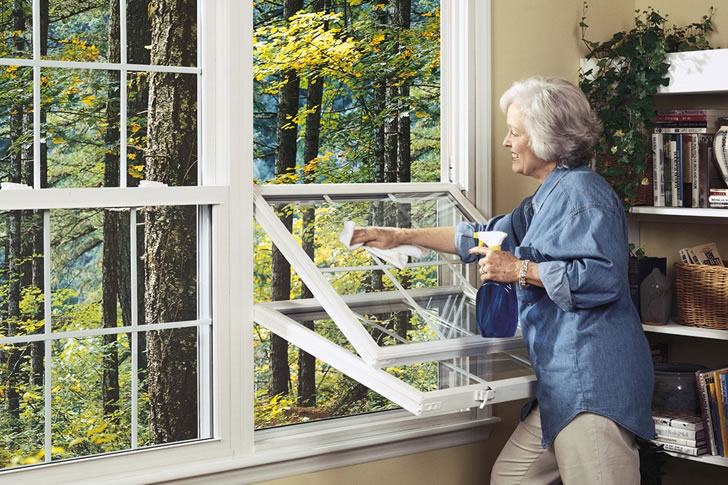Cheap Window Replacement for Seniors
As the population ages, many seniors find themselves needing to make modifications to their homes to ensure comfort, safety, and energy efficiency. One of the critical aspects of these modifications often includes window replacement. New windows can not only reduce energy costs but also enhance the overall accessibility and safety of a home. Here, we explore various window replacement options available for seniors, focusing on features like ease of use, thermal insulation, and cost-effectiveness.

Understanding the Need for Window Replacement
Before delving into the specifics of different window types, it’s important to understand why window replacement might be particularly beneficial for seniors. First, old windows often become difficult to open or close due to warping or rusting, which can pose a significant issue for seniors with limited mobility or strength. Additionally, single-pane windows common in older homes do a poor job of insulating against both cold and heat, leading to uncomfortable temperatures and higher utility bills.
A study by the U.S. Department of Energy found that switching to energy-efficient windows can save homeowners between $126 to $465 a year, depending on geographic location. For seniors living on fixed incomes, these savings can be significant, helping to offset the initial investment in new windows.
Types of Windows Suitable for Seniors
When choosing windows, it’s essential to consider maintenance, ease of use, safety, and comfort. Here are some of the best types of windows for seniors:
Sliding Windows: Sliding windows require minimal effort to open and close as they slide along a track instead of pushing up and down. They are an excellent choice for seniors because they do not require lifting or cranking, which can be challenging for those with arthritis or limited hand strength.
Casement Windows: Operated by a crank, casement windows open outward and allow for excellent ventilation. The crank system can be easier to operate than lifting a traditional sash window, although it might still pose a challenge for some seniors.
Double-Hung Windows with Low-E Glass: Double-hung windows can be opened from the top or bottom. Newer models are designed with balance mechanisms that make them easier to open. When combined with Low-Emissivity (Low-E) glass, they provide better insulation, reflecting infrared light and helping maintain consistent indoor temperatures.
Accessibility and Safety Features
Accessibility is a crucial factor in choosing windows for seniors. Options such as easy-to-grip handles, locks, and levers designed for hands that might lack strength or dexterity can make a significant difference. Additionally, windows that incorporate safety features such as tempered glass, which is designed to break into small, blunt pieces rather than sharp shards, add an extra layer of safety for all homeowners, especially seniors.
Choosing the Right Material
The material of the window frames plays a huge role in both the maintenance requirements and the longevity of the windows. Vinyl is a popular choice as it is durable, affordable, and provides good insulation. Vinyl windows also require little maintenance since they do not need to be painted and are resistant to fading.
Wood, while offering better insulation properties and aesthetics, requires higher maintenance to prevent issues like rot and pest infestation. Aluminum, another option, is sturdy and resists rust but is a poorer insulator than both wood and vinyl. Fiberglass frames are durable and have air cavities that can be filled with insulation, making them a good option for energy efficiency.
Financial Assistance and Incentives for Seniors
Aware of the constraints that often come with fixed incomes, many organizations and government programs provide financial assistance for seniors undertaking home improvements like window replacement. In the United States, programs such as the Weatherization Assistance Program (WAP) help low-income families, which include many seniors, to enhance the energy efficiency of their homes.
Additionally, some utility companies offer rebates for the installation of energy-efficient windows. It’s also worth checking for local grants and assistance programs aimed specifically at helping seniors manage the cost of vital home modifications.
Conclusion
The benefits of replacing windows for seniors go beyond mere aesthetics—enhanced comfort, reduced energy bills, and increased safety are vital factors. With various options available, it’s crucial to assess each type based on individual needs, mobility limitations, and budget. Considering the long-term benefits they offer, investing in proper windows is a prudent decision that can significantly improve the quality of life for seniors in their own homes.
In summary, window replacement for seniors requires careful consideration of factors like accessibility, ease of use, and insulation properties. By choosing the right type of window and taking advantage of available financial assistance, seniors can continue to live safely and comfortably in their beloved homes.







Recent Comments